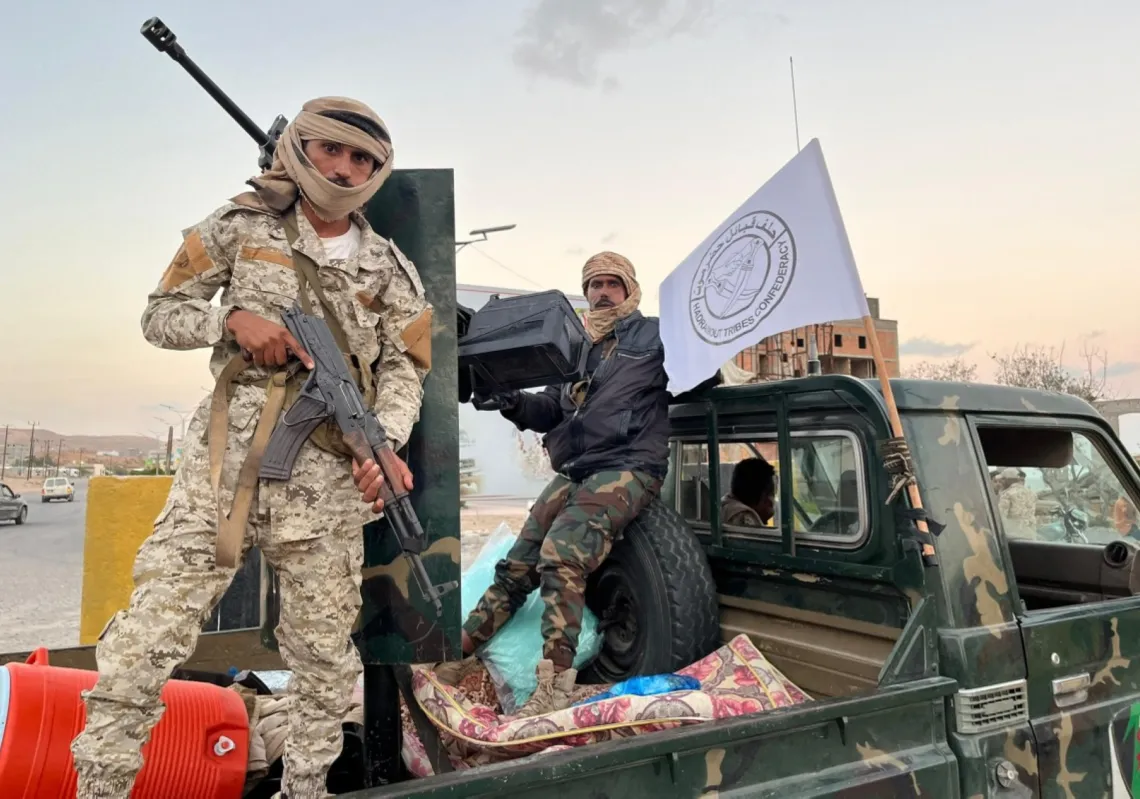Getting to Pluralism: Political Actors in the Arab World
Marina Ottaway and Amr Hamzawy
Carnegie Endowment for International Peace, 2009
Many regimes in the Arab world have carried out reforms in recent years, but the reforms have been directed at modernizing the economy and addressing social issues rather than structural problems of power distribution. Despite a generally higher number of parties, the conduction of elections, and relatively good access to information, power remains firmly in the hands of established leaders. In many cases, reform has been a way of warding off criticism without giving away control. For example, in Morocco, which is often touted as a successful reforming country, King Muhammad VI controls parliament, appoints the prime minister, and is not bound by election results—evident in the 2007 legislative elections when less than 37 percent of the population voted.
In explaining this anomaly, many arguments note Arab exceptionalism in one shape or another, be it with a focus on culture, civil society, economics or regional conflicts. Marina Ottaway and Amr Hamzawy, on the other hand, point to a different realm of analysis—that of power distribution within the countries themselves. The key argument of Getting to Pluralism is that the most important players in Arab politics are ruling establishments, liberal or leftist secular political parties, and moderate Islamist groups that have renounced violence in favor of political participation. Incumbent regimes are disproportionately more powerful than the other players, and the opposition is weak and divided. Political stagnation is thus mainly caused by this imbalance of power, which none of the players are strong enough or motivated enough to break.
This diagnosis has profound implications for policymaking, particularly because it places the issue of civil society in the background, thus going against conventional wisdom concerning its role in the development of a viable democracy. However, the authors make a strong case in arguing that civil society organizations faced with strong government repression can only be effective as a mass movement. That leaves out the generally small, professional NGOs preferred by democracy advocates. While NGOs in some countries, such as Morocco and Jordan, have multiplied recently with assistance from the West, they have facilitated little concrete change on the ground. Additionally, “mass movements tend to lead to the formation of regimes that are hardly moderate.” Hence, Ottaway and Hamzawy encourage a re-evaluation of foreign democracy assistance, which they argue is unlikely to be effective.
The incentive to introduce viable reforms is further narrowed by the so-called “King’s Dilemma;” namely, that reform from the top tends to increase bottom-up demand for radical change. Consequently, cautious change may soon lead to a wiping out of the ruling elite—the shah of Iran is a good example. While it is plausible that some reformers may prefer a more open political environment in exchange for uncertainty, it remains doubtful.
Meanwhile, secular parties hardly pressure governments in any way that might pose a challenge to current regimes. Indeed, while these parties are usually quick to define what they are not, they are typically vague about what they are. Hence, they “can neither attract the more thoughtful or self-interested voters who seek a party that will represent their interests, nor do they have a simple slogan to which people respond emotionally.” This is a problem, which must be solved from within the parties themselves through careful reflections of their vision for society, how to get their political message across, and how to organize themselves.
Islamist movements are generally stronger in organizational terms, as they have devoted much systematic effort to building up their political structures and networks of social welfare organizations. Meanwhile, the reconciliation between Islamic beliefs and a commitment to democracy is a contentious issue, creating divisions within the leadership as well as fear of losing supporters to more conservative religious factions. However, this point should not be exaggerated or over-simplified. As indicated by Ottaway and Hamzawy, the large-scale commitment to the nation-state by participating Islamists is generally ignored, contrary to the alarm created by radical statements about reviving the caliphate—“although the chances of this happening are about as good as those of the revival of the Holy Roman Empire.”
While the authors admit that Islamic factions pose challenges, they convincingly conclude that a true process of democratization can never be brought about through top-down management, which on the whole serves to perpetuate authoritarianism. The experiences of Hamas and Hezbollah demonstrate that exclusion is not a realistic option, given their tremendous popular support. Thus, countries must develop strong institutional frameworks, which can prevent political actors from gaining too much power. While a decentralized inclusive process is more unpredictable, it may be the most viable solution to achieve long-term change.
Getting to Pluralism portrays reform as an essentially political process. This is an immensely important conclusion in terms of deconstructing deterministic narratives, which dictate that the Arab world cannot reform politically without shedding its culture or religion. The bad news is that the ruling establishments remain strong, and thus, with weak opposition forces, the status quo will be difficult to challenge. In this sense, Ottaway and Hamzawy do not provide many answers. But they do encourage us to ask the right questions to begin with.








